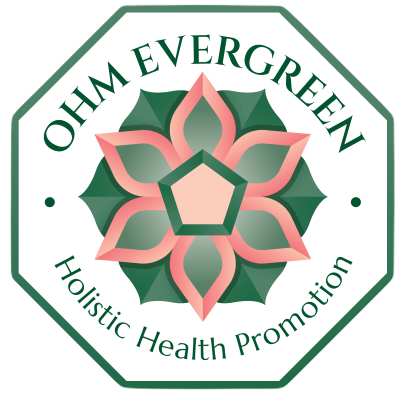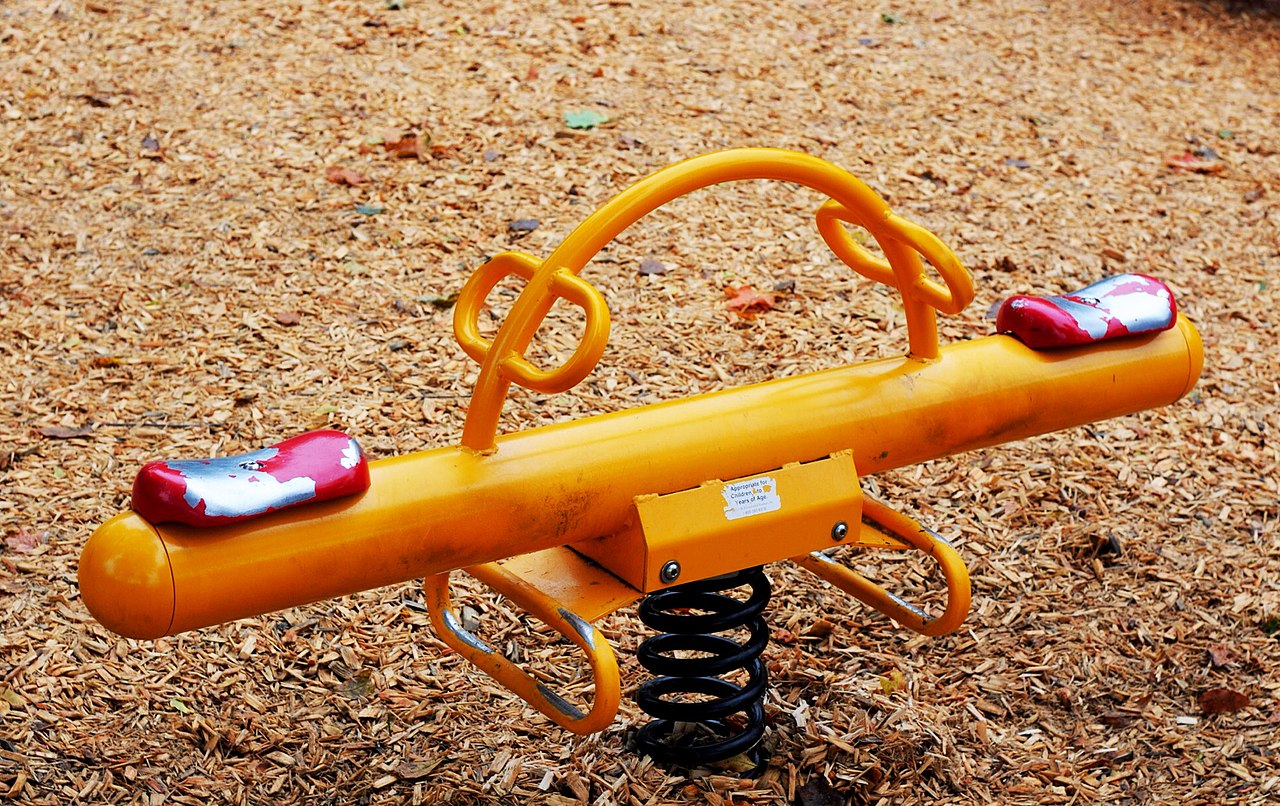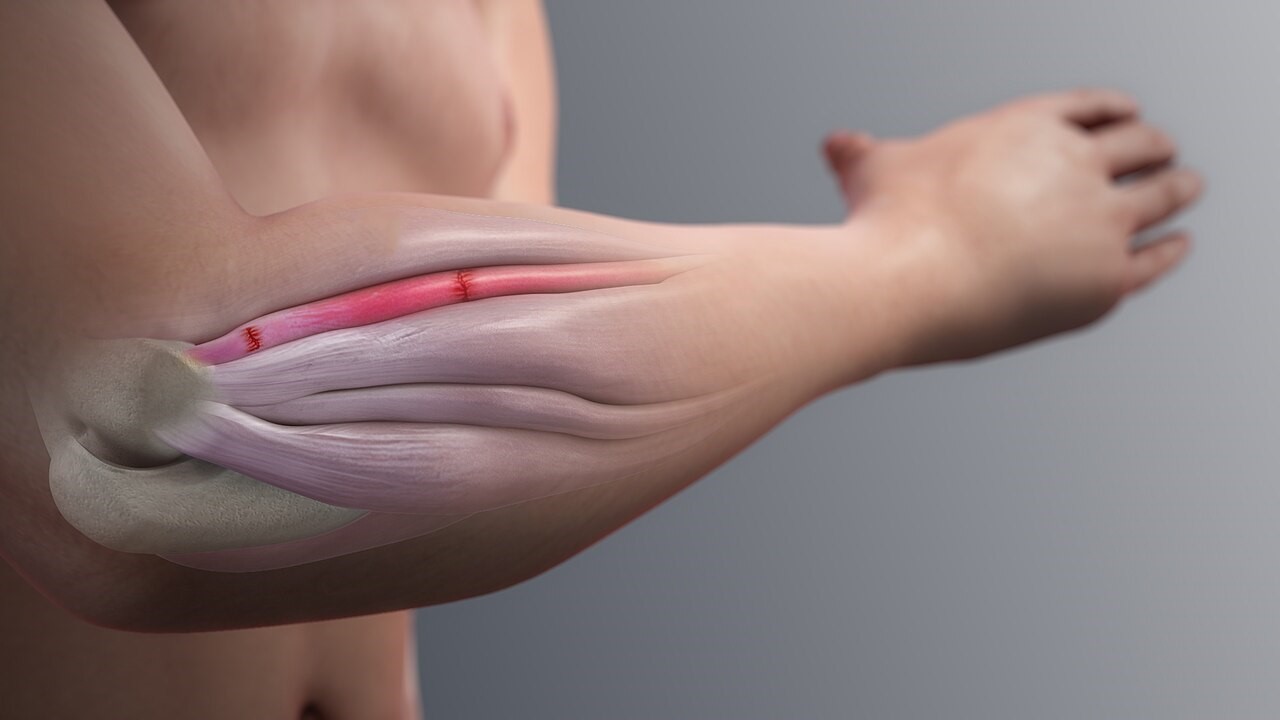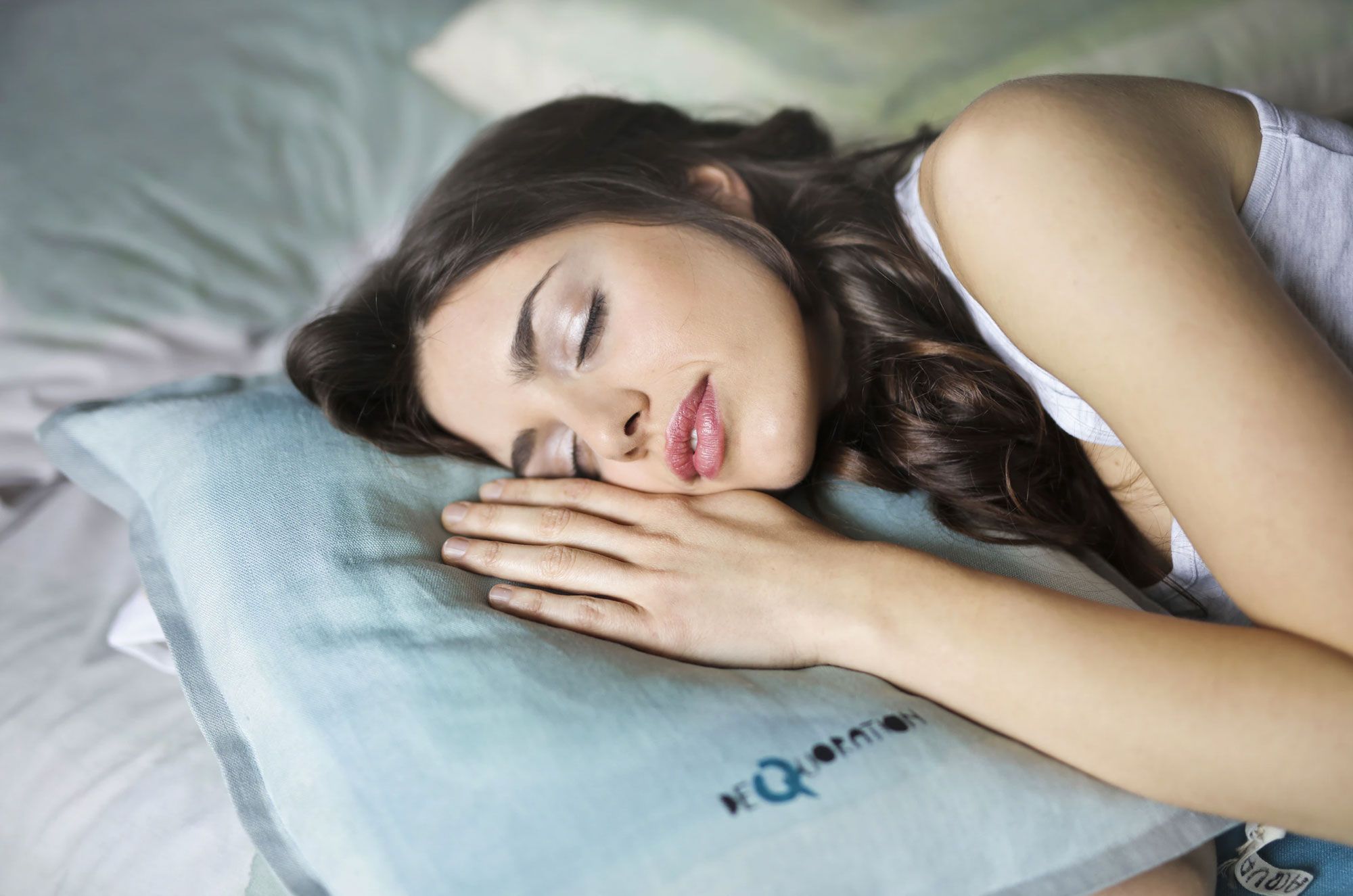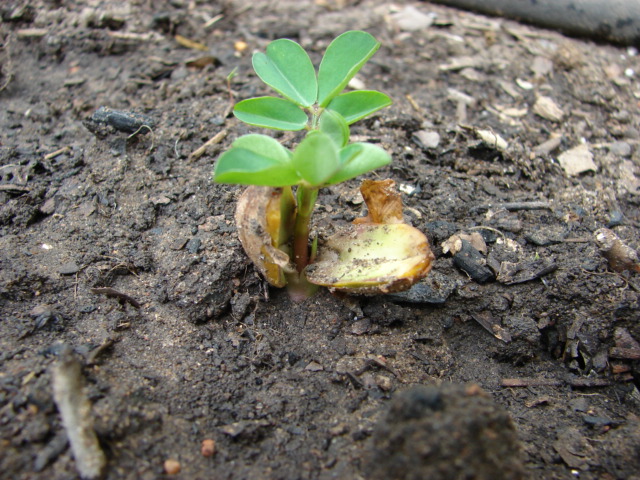Skiing is an exhilarating experience…until it’s not. Injuries sometimes happen, whether it’s a sore knee, a strained shoulder, or an achy lower back after a day on the slopes. If you’re reading this after a tumble, you’re probably wondering how to speed up your recovery and get back to doing what you love. That’s where acupuncture comes in.
Acupuncture, a practice rooted in traditional Chinese medicine (TCM), has gained traction as a natural and effective way to support recovery from minor injuries. Curious about how those tiny needles can make such a big difference? Keep reading to discover how it could help you get back on your skis faster.
What is Acupuncture?
At its core, acupuncture involves the insertion of very thin needles into specific points on the body, called acupoints. This ancient practice is based on the concept of “qi” (pronounced “chee”) or life energy. According to TCM, qi flows through channels called meridians. When this flow is disrupted due to stress, injury, or illness, it can cause pain or discomfort. Acupuncture seeks to restore balance, alleviate pain, and promote the body’s natural healing abilities. Modern research has shown that acupuncture stimulates the nervous system, enhances blood flow, and releases endorphins (your body’s natural painkillers), making it a great tool for recovery.
Common Ski Injuries Acupuncture Can Address
While acupuncture won’t replace medical treatment for severe injuries like fractures or torn ligaments, it can be an effective complementary therapy for minor skiing-related issues, including:
- Muscle Strains: From quads to shoulders, skiing can put a lot of strain on your muscles. Acupuncture can help alleviate pain and reduce inflammation in overworked areas.
- Knee Pain: One of the most common complaints from skiers, knee pain can stem from awkward falls or repetitive movement. Acupuncture may help reduce swelling and improve mobility.
- Back Pain: Whether it’s a misstep on the slopes or tension from improper posture, acupuncture can target the muscles and nerves contributing to back pain.
- Bruising and Swelling: Acupuncture enhances blood flow, which can help reduce swelling and encourage faster healing for bruises or minor soft tissue injuries.
How Acupuncture Supports Recovery After a Ski Injury
- Reduces Pain
By stimulating specific acupoints, acupuncture can trigger the release of endorphins, your body’s natural pain-relieving chemicals. This reduces overall discomfort and provides relief without relying on painkillers. - Decreases Swelling and Promotes Healing
Swelling is your body’s way of protecting an injured area, but too much inflammation can actually slow recovery. Acupuncture helps improve circulation and reduce swelling, which allows nutrients and oxygen to reach the injured site more effectively. - Relaxes Tense Muscles
Skiing can take a toll on your muscles, especially during long or intense runs. Acupuncture helps release tension and knots in overworked areas, boosting your range of motion and encouraging recovery. - Supports Emotional Well-Being
Getting sidelined with an injury can be frustrating, especially if you’ve been looking forward to a ski trip for months. Acupuncture is renowned for promoting relaxation and reducing stress, making it an effective way to improve both your physical and mental state during recovery.
When Should You Start Acupuncture After an Injury?
It’s never too soon to incorporate acupuncture into your recovery plan. Many practitioners in Colorado are used to treating ski-related injuries and can tailor treatments to your unique needs. That said, it’s always a good idea to consult a medical professional first to rule out more serious injuries that may require urgent care or surgery.
If your injury is minor, you can typically begin acupuncture within a few days. Regular sessions (about 2-3 per week) during the initial recovery phase often yield the best results. Your acupuncturist will work with you to develop a personalized plan based on your symptoms and recovery goals.
Tips to Pair with Acupuncture for Ski Injury Recovery
Acupuncture works well on its own, but for optimal recovery, pair it with other holistic practices:
- Stretch Regularly to improve flexibility and prevent stiffness.
- Hydrate Well to support your body’s natural repair processes.
- Eat Anti-Inflammatory Foods, like leafy greens, berries, and fatty fish.
- Prioritize Rest; listen to your body, and avoid hitting the slopes again before you’ve fully recovered.
Get Back on the Slopes with Confidence
Recovery doesn’t have to mean sitting on the sidelines for long. Acupuncture offers a natural, effective way to reduce pain, boost healing, and get back to enjoying the mountains. Whether you’re nursing sore muscles or need help shaking off a tweak from last weekend’s adventure, acupuncture could be just what your body needs.
Looking to learn more? Book a consultation today and discover how this ancient practice can help you recover, recharge, and return to the slopes stronger than before. Your next powder day awaits!
